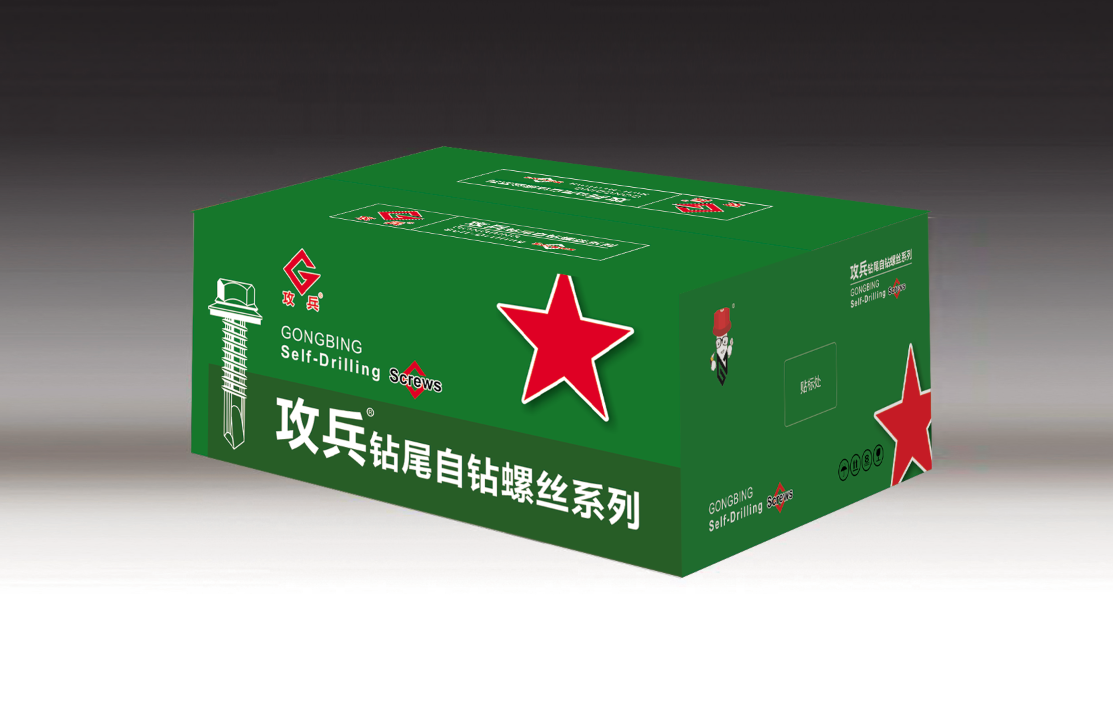self drilling concrete anchors
Understanding Self-Drilling Concrete Anchors
Self-drilling concrete anchors have revolutionized the way we install fixtures and fittings into concrete structures. Their design and functionality make them an efficient choice for both professional contractors and DIY enthusiasts. These anchors combine drilling and anchoring processes into one, effectively streamlining the installation and providing a secure hold without the need for pre-drilling.
What Are Self-Drilling Concrete Anchors?
Self-drilling concrete anchors are specialized fasteners that can bore into concrete when installed. They are often made from high-strength materials, such as steel, which enables them to withstand significant loads. Unlike traditional anchors that require a pilot hole, self-drilling anchors create their own hole as they are driven into the substrate. This characteristic not only saves time but also reduces the complexity involved in the installation process.
The Installation Process
One of the key advantages of self-drilling concrete anchors is their straightforward installation. To use these anchors, you typically need a power drill compatible with the anchor size and type. Installation begins with marking the desired location on the concrete surface. As the drill is applied, the self-drilling anchor penetrates the concrete, forming a snug fit as it goes deeper into the material.
Due to their design, self-drilling anchors can be used in a variety of applications, including securing shelving, HVAC units, or heavy wall fixtures. Their ability to create a stable hold without extensive preparation makes them particularly suitable for projects requiring a fast turnaround.
Benefits of Self-Drilling Concrete Anchors
self drilling concrete anchors

1. Time Efficiency Traditional concrete anchors often require multiple steps drilling a hole, cleaning out dust, and then inserting the anchor. Self-drilling anchors combine these actions, significantly reducing the time spent on installation.
2. Reduced Equipment Needs Since self-drilling anchors eliminate the need for a hammer drill or a separate drilling tool, they simplify the equipment required for various installations. A regular power drill suffices in most cases.
3. Versatility These anchors can be used in a range of concrete compositions, including both solid and lightweight block materials. Their versatility makes them ideal for various construction settings, from residential to industrial applications.
4. Strength and Stability When correctly installed, self-drilling anchors provide a strong hold, capable of supporting substantial weights. They are engineered to resist pull-out forces and shear stress, making them reliable for securing heavy structures.
Considerations When Using Self-Drilling Concrete Anchors
While self-drilling concrete anchors offer numerous advantages, users should also consider a few factors. It’s essential to select the correct size and type of anchor based on the specific load requirements and the characteristics of the concrete. Additionally, ensuring that the concrete is in good condition is crucial; cracks or compromised structural integrity can affect the anchor's performance.
Conclusion
Self-drilling concrete anchors have transformed the landscape of anchoring technology, providing an efficient, reliable, and versatile solution for fastening applications. Whether for home improvement projects or large-scale industrial tasks, these anchors present an opportunity to save time and enhance effectiveness in the installation process. As with any construction component, understanding and applying the correct techniques is vital for optimal performance and safety. With self-drilling concrete anchors, users can confidently tackle a variety of fastening challenges, reaping the benefits of modern anchoring technology.
-
Weatherproof Plastic Expansion Anchors for OutdoorNewsJun.06,2025
-
Sustainability in the Supply Chain: Eco-Friendly TEK Screws ProductionNewsJun.06,2025
-
Load-Bearing Capacity of External Insulation FixingsNewsJun.06,2025
-
Double Head Bolts: Enhancing Efficiency in Industrial MachineryNewsJun.06,2025
-
Corrosion Resistance in Chipboard Screws: Coatings for Wholesale DurabilityNewsJun.06,2025
-
Butterfly Toggle Bolts : Enhancing Structural ResilienceNewsJun.06,2025
